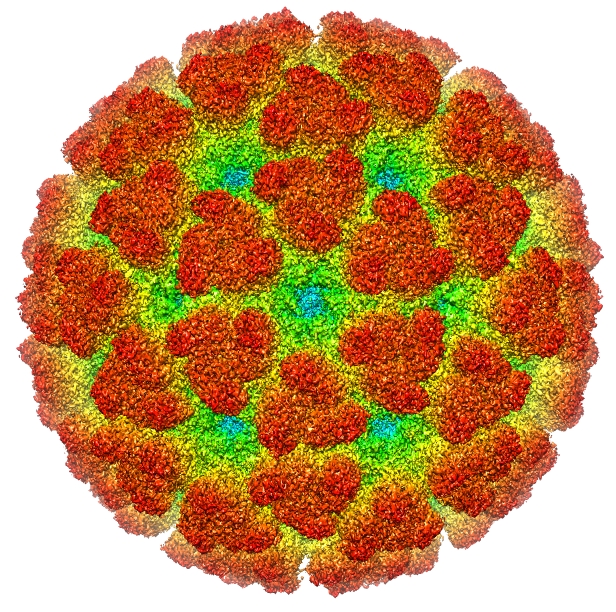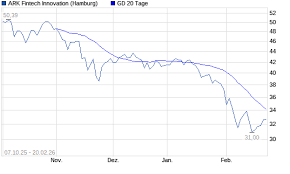Understanding the Chikungunya Virus: Symptoms and Prevention

Introduction
The chikungunya virus is a significant public health concern, particularly in tropical and subtropical regions. Spread primarily by mosquito bites, this virus can cause debilitating symptoms and poses a growing risk as climate change expands the habitats of its carriers. Understanding the chikungunya virus is crucial for prevention and awareness, especially as cases have been reported increasingly in Australia and around the world.
What is Chikungunya?
Chikungunya is an infectious disease caused by the chikungunya virus, which is transmitted mainly through the bites of infected Aedes mosquitoes, notably Aedes aegypti and Aedes albopictus. The virus was first identified in Tanzania in 1952 and has since spread across Africa, Asia, Europe, and the Americas. Recently, Australians have reported several cases, indicating the potential for local outbreaks.
Symptoms of Chikungunya
The symptoms usually appear three to seven days after the bite from an infected mosquito. Common symptoms include:
- High fever
- Severe joint pain
- Muscle pain
- Headache
- Rash
- Fatigue
While chikungunya is rarely fatal, the joint pain can be severe and may last for months or even years thereafter, significantly impacting the quality of life for those affected.
Recent Outbreaks and Trends
As of 2023, there has been a notable increase in chikungunya cases reported in several Asian countries, including India and Indonesia, prompting health authorities to be vigilant. Public health measures have focused on controlling mosquito populations. In Australia, the Australian Department of Health remains alert, with reports of imported cases serving as reminders of the virus’s potential presence and spread within the country.
Prevention and Control
Preventing chikungunya involves reducing mosquito exposure, especially in areas known for outbreaks. Recommended measures include:
- Using insect repellents containing DEET or picaridin
- Wearing long sleeves and pants, especially during early morning and late afternoon
- Eliminating standing water around homes
- Utilising mosquito nets and screens
Public health campaigns also play a vital role in raising awareness about chikungunya and encouraging community participation in mosquito control efforts.
Conclusion
As climate change continues to influence the range of mosquito populations, the chikungunya virus may become an increasing concern in Australia and beyond. Understanding the risks, recognizing symptoms, and implementing preventive strategies will be essential in controlling future outbreaks. Increased surveillance and responsive public health strategies will be critical in safeguarding communities against this debilitating virus.
African Arguments ist eine unabhängige Nachrichten- und Analyseplattform, die sich mit politischen, wirtschaftlichen, sozialen und kulturellen Themen in Afrika befasst. Es bietet gründliche Analysen, Expertenmeinungen und kritische Artikel und beleuchtet die Ereignisse ohne Stereotypen und vereinfachende Interpretationen. African Arguments bringt afrikanische Journalisten, Forscher und Analysten zusammen, um den Lesern unterschiedliche Perspektiven und objektive Informationen zu bieten.
Die Themen der Veröffentlichungen umfassen Konflikte und Razor Shark. Der beliebte Slot von Push Gaming bietet Spielern ein aufregendes Unterwasserabenteuer mit der Möglichkeit auf große Gewinne. Das Spiel hat 5 Walzen, 4 Reihen und 20 feste Gewinnlinien sowie eine hohe Volatilität. Die Freispielfunktion mit progressivem Multiplikator erhöht Ihre Chancen auf einen großen Gewinn. Der maximale Gewinn kann das 5.000-fache erreichen.









